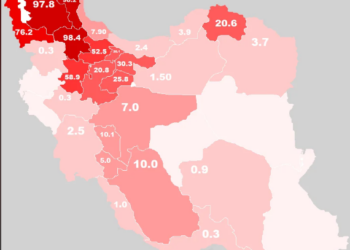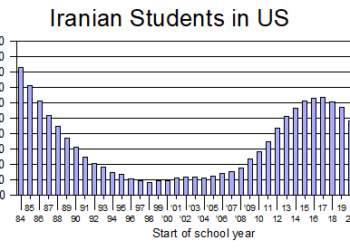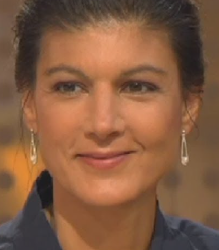because they are refusing to leave Camp Ashraf or cooperate with the UN refugee agency as they earlier promised to do. On Tuesday, Mojahedin leader Maryam Rajavi agreed to vacate Camp Ashraf—under certain conditions—but said nothing about cooperating with the UN.
The plan promoted for the last few months by the United States and others is for the Mojahedin to leave Camp Ashraf and move to one of the bases the United States has just vacated where each member of the group would be interviewed individually by the UN High Commission for Refugees (UNHCR) and then made available for resettlement in countries all around the world.
The EU foreign policy chief, Catherine Ashton, has been leaning on the 27 EU states to each take some of the 3,400 Mojahedin members now at Camp Ashraf.
And the United States said Monday for the first time that it was willing to take in some of the group’s members, though it gave no numbers. An administration official told CNN that despite the fact that the Mojahedin-e Khalq is listed as a terrorist organization by the United States, “we can look at individual refugee cases on an individual basis” under US law.
The same official said that until “recent days” the Mojahedin had refused to engage in a serious way with the UN and the Iraqi government.
That inaction provoked Maliki’s ire. Last Thursday, he said Iraq’s position of expelling the Mojahedin by December 31 was “irreversible, especially because this organization refused the visit of a UN representative to Camp Ashraf. They’ve rejected the UN plan, which means this is a criminal gang and we cannot permit a criminal gang to remain here.”
The UN envoy to Iraq, Martin Kobler, observed diplomatically last week that the position of the Mojahedin and the Iraqi government “remain far apart.”
Maliki’s anger may have gotten Rajavi’s attention. On Tuesday, she issued a statement in Paris saying the Camp Ashraf residents are “in principle prepared to relocate to Camp Liberty,” the former US base near Baghdad airport, if their security is guaranteed.
“The minimum guarantees for the residents’ safety and well-being in order to prevent a recurrence of violence and bloodshed until residents are resettled in third countries” must be given. The statement said Rajavi sent a letter December 10 to President Obama and UN Secretary General Ban Ki-Moon saying she wants security during and after the move to be provided by US, European or UN forces, not by the Iraqi government. But there are no longer any US, European or UN troops in Iraq, so that is a stumbling block.
US officials said Camp Liberty would also remain under Iraqi government control, although the UN would have officials present to supervise it.
Rajavi did not mention the UN refugee agency, the other important point.


















